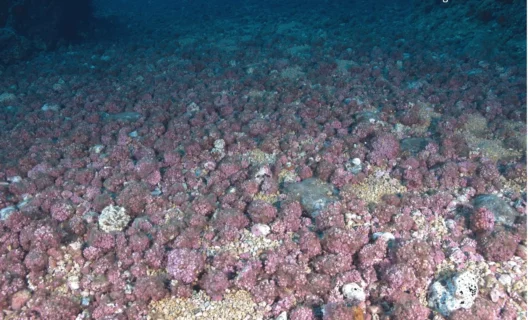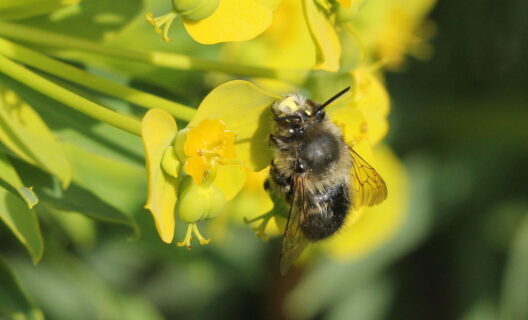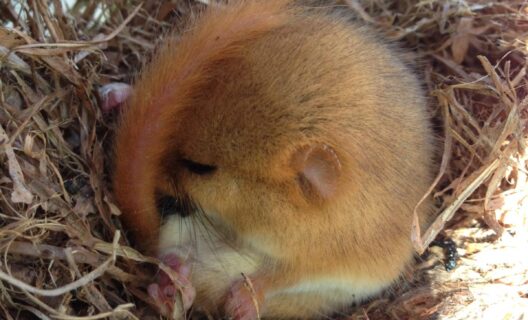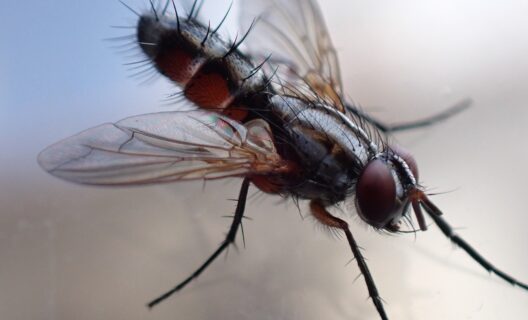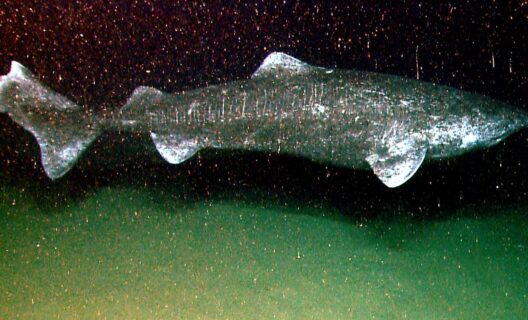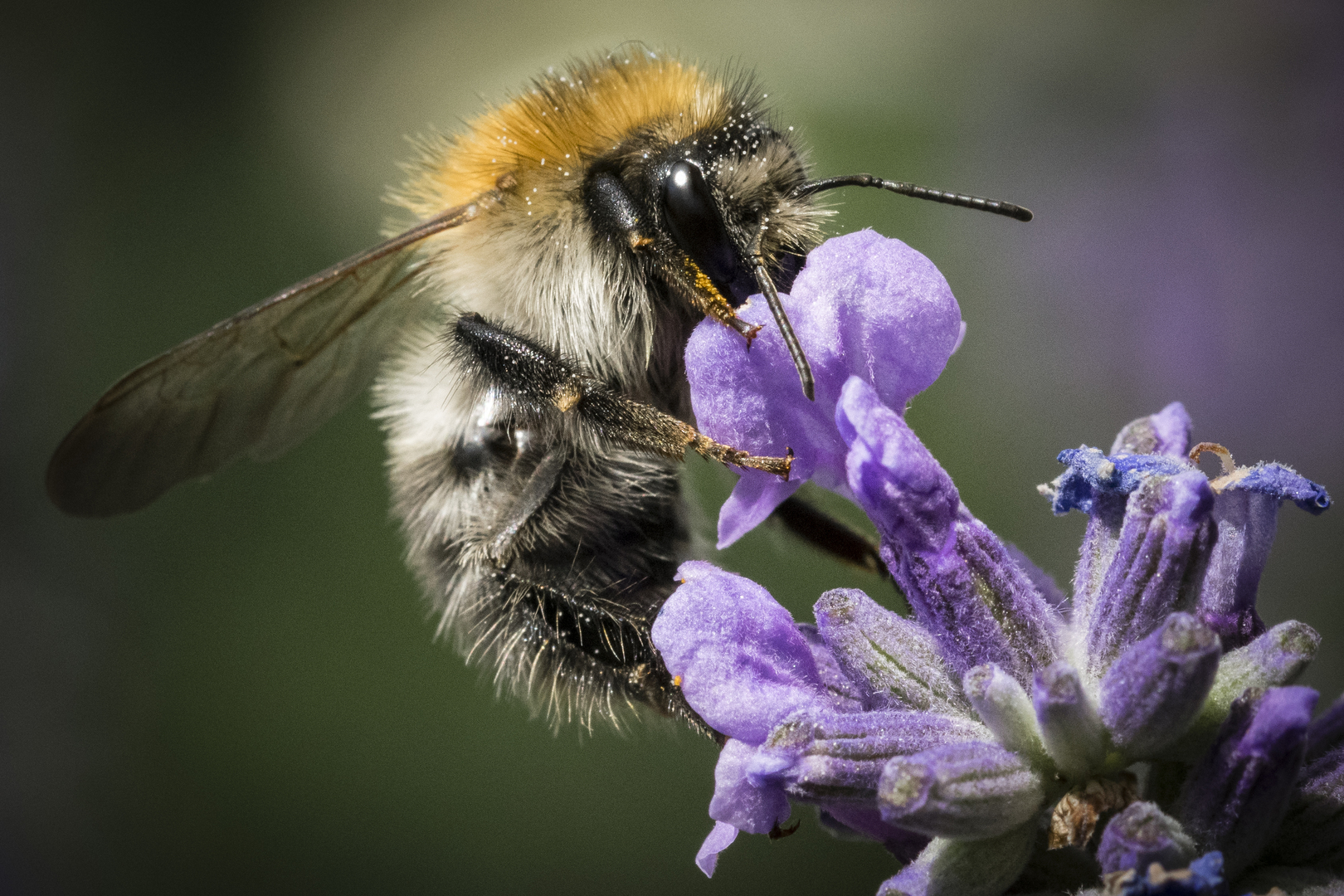

Reading time
0 min
Research explores reasons for protecting pollinating insects
How to promote large-scale actions to protect pollinating insects? To understand this, a research study coordinated by the University of Padua, with the collaboration of the universities of Wageningen (Netherlands) and Wuerzburg (Germany), started from afar. 4541 participants-distributed among Italy, Germany and the Netherlands, and residing in both urban and rural areas-were administered an online questionnaire containing various questions to identify the reasons why people desire pollinator protection.
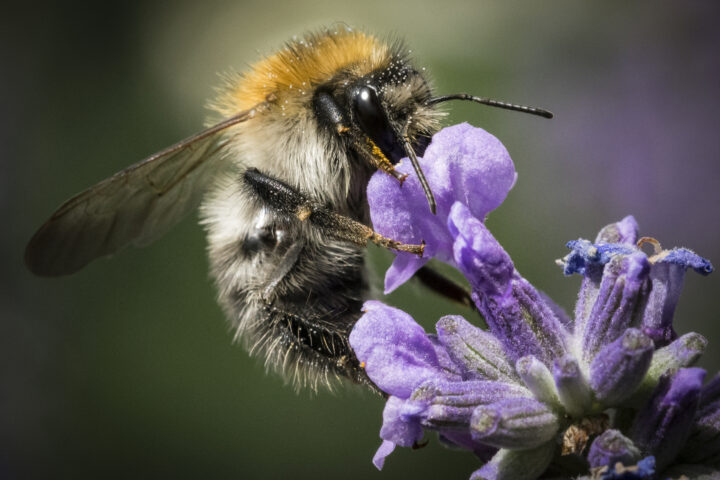
""
Undisputed protagonists of ecosystems, and responsible for transporting pollen from flower to flower, pollinators (honey bees, but also flies, butterflies, beetles and roughly a thousand different wild bees) enable the reproduction of a multitude of plants. About their decline, and the resulting environmental problems, we often hear.
""
Pollinators: what respondents think about them
The responses to the questionnaire provide excellent insights to increase public attention to this issue. First, they make it clear that social, cultural, and economic differences do not influence basic motivations. Rather, what makes the difference is the amount of time spent outdoors, social support and a range of values.
""
Of primary importance among them is moral obligation: people, according to research, are more likely to act to conserve pollinators when they believe it is right to do so. This belief is directly related to the perception of one’s responsibility in their decline.
""
Another primary value appears to be the recognition of pollinators’ right to exist and their utilitarian value. When present, these elements are able to activate conservation actions more consistently than a generic concern for the environment.
""
In the three countries considered, another commonality concerns the willingness to prefer a family conservation action (planting flowers to provide food and shelter for insects) rather than participating in a monitoring activity.
""
The evidence gathered, the scientists point out, could prove strategic for future conservation actions: awareness campaigns should highlight not only the ecological role of pollinators but also their intrinsic value; community involvement can encourage the adoption of pro-environmental behaviors; and encouraging outdoor activities, such as wildlife watching and gardening, can foster a deeper connection with nature and, consequently, a greater inclination toward its protection.
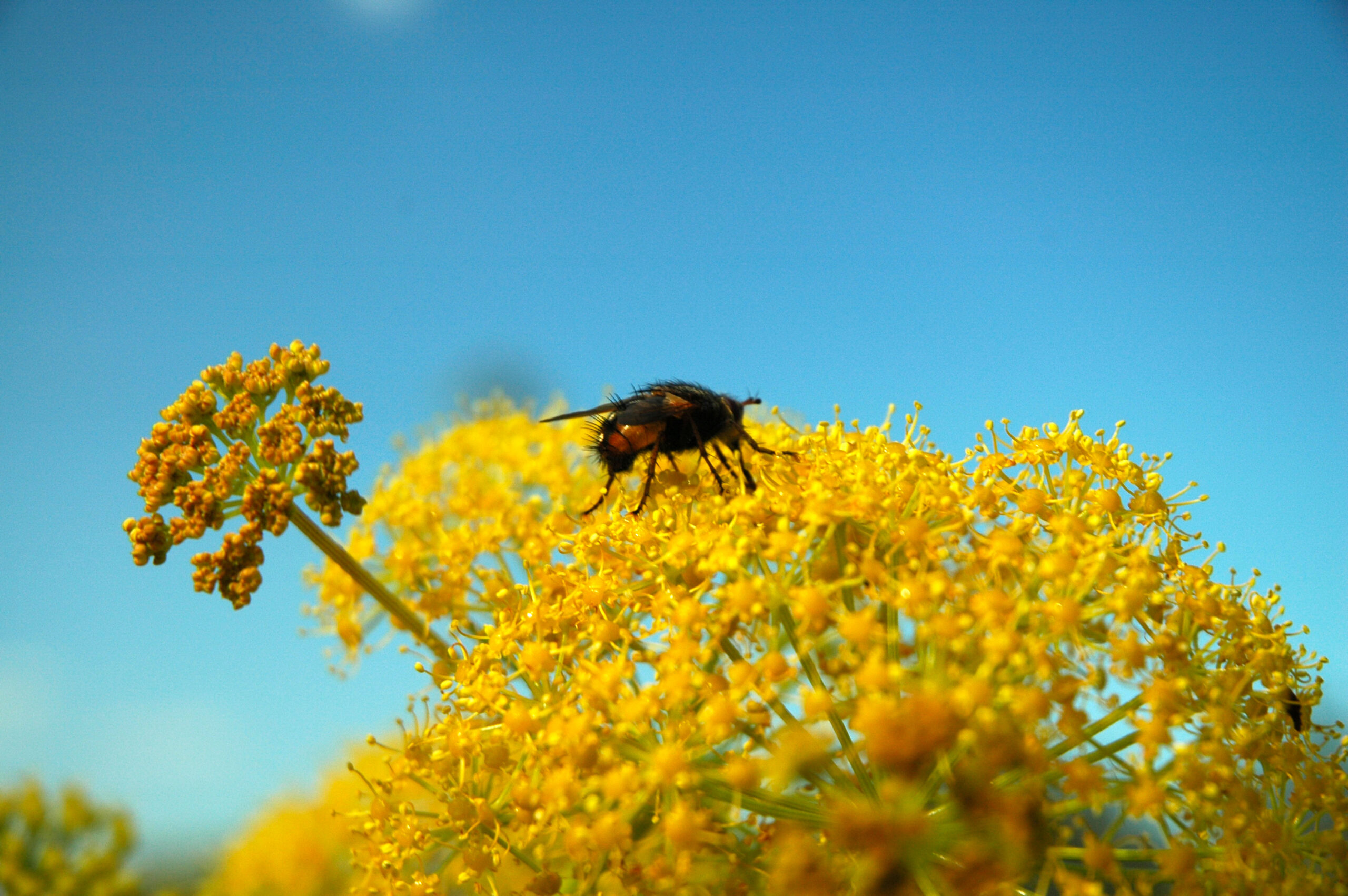
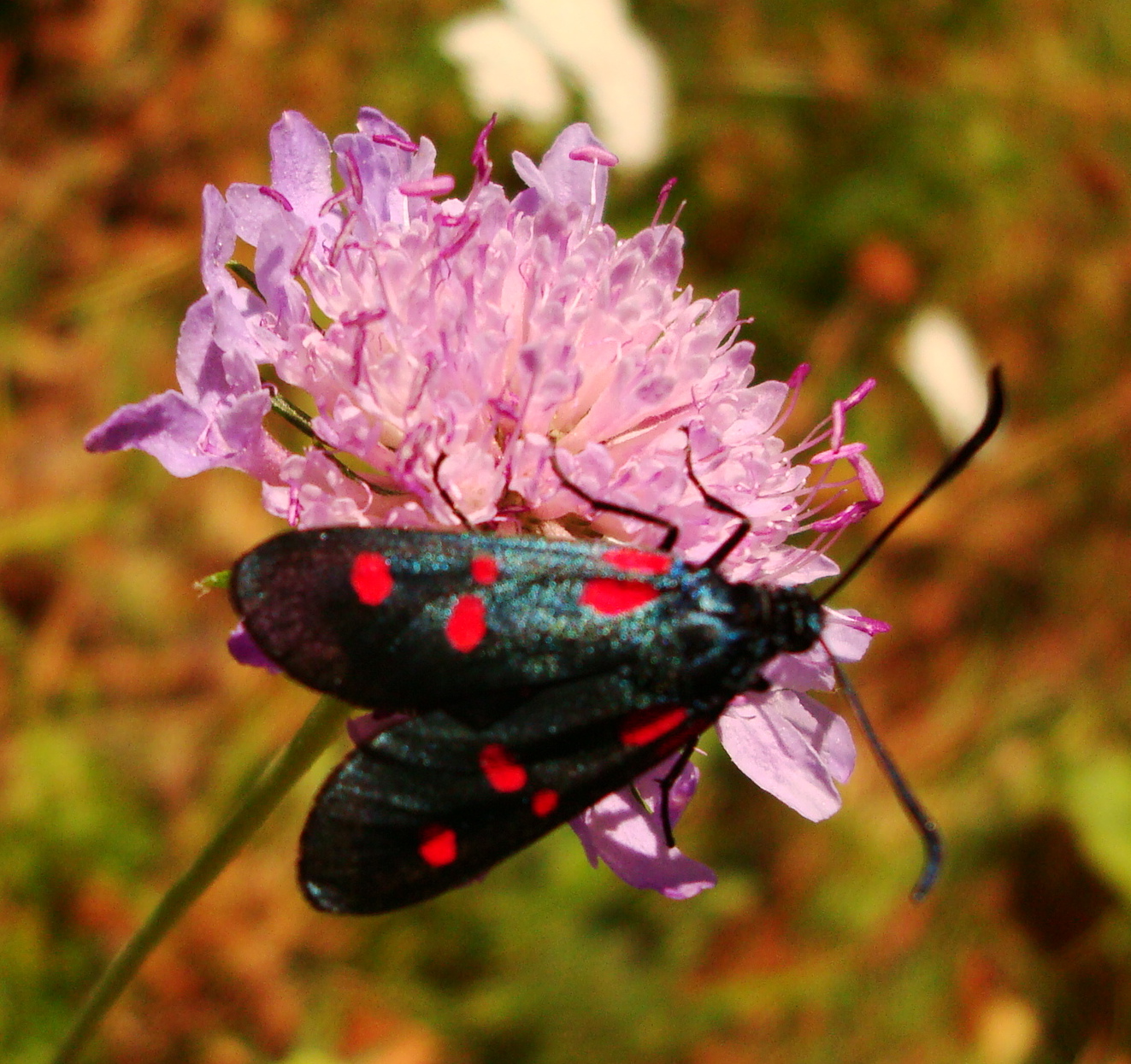
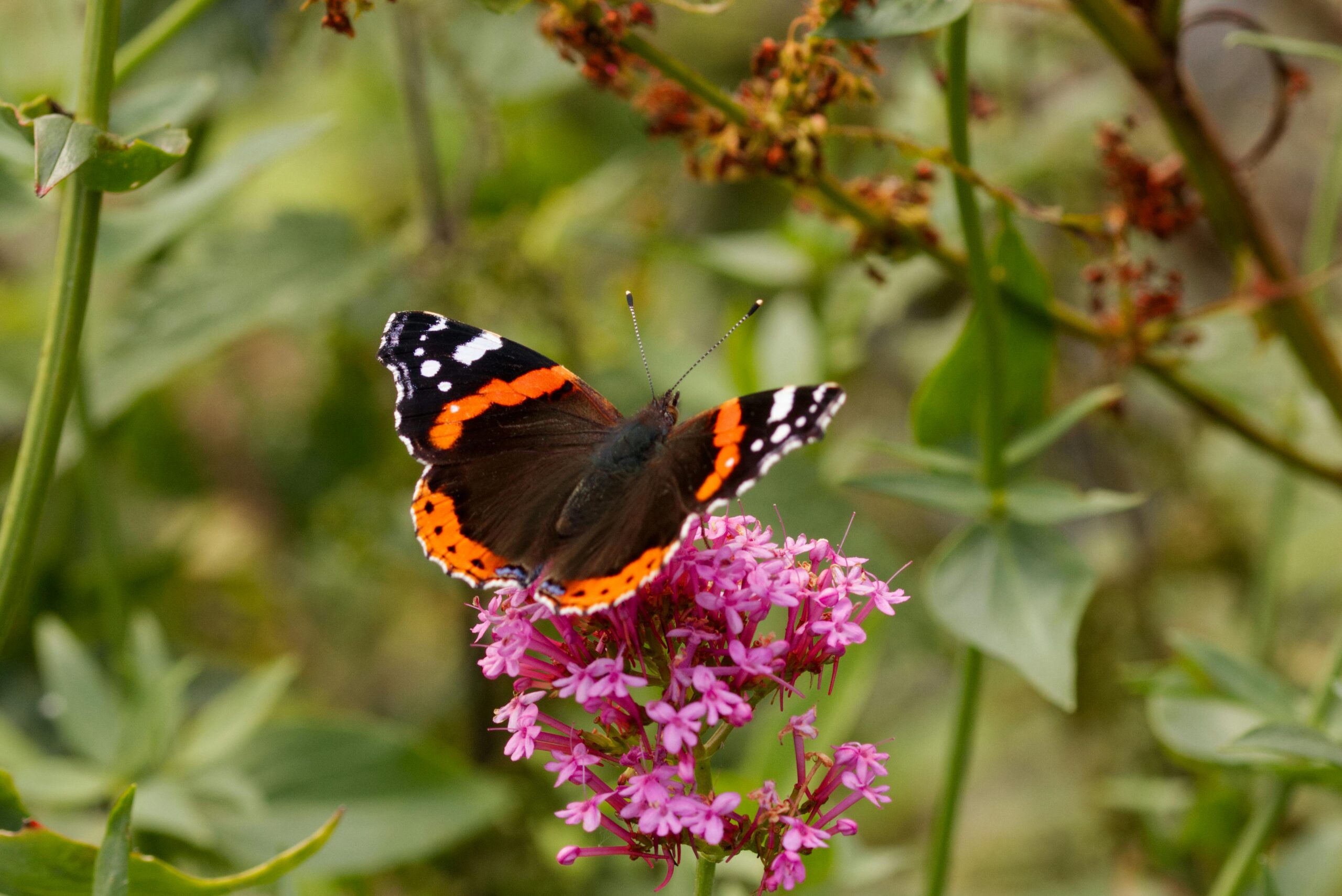
The journey goes on
Every story paves the way for the next: discover where biodiversity takes you


